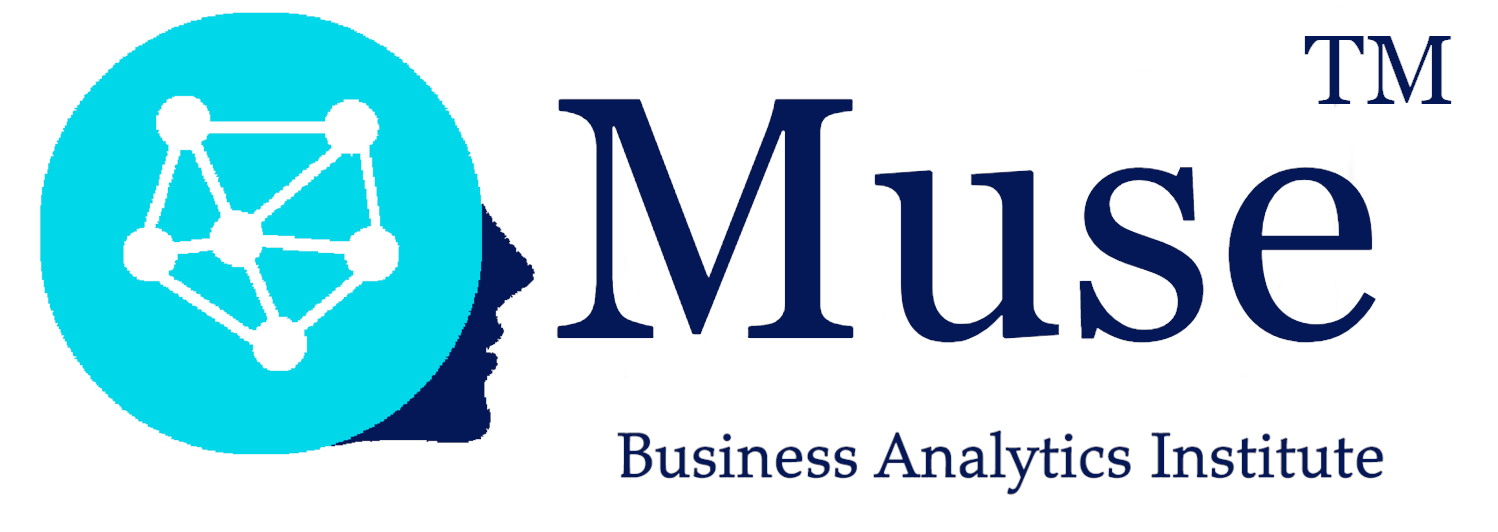Artificial Intelligence for Social Good
Source: Association of Pacific Rim Universities - APRU
‘The realization of social good by AI is effective only when the government adequately sets rules for appropriate use of data.’
This report, written by the Association of Pacific Rim Universities (APRU), is a compendium of multidisciplinary studies (philosophy, religion, sociology and technology) carried out by researchers from the Asia-Pacific region (Australia, Korea, Hong Kong, India, Singapore, Thailand).
With their recommendations, the researchers aim to create an enabling environment and governance framework for governments and technology companies.
Contents:
1. Introduction
• Appendix 1: Summaries of Papers and Policy Suggestions;
• Appendix 2: Project History.
2. Philosophical point of view for social implementation
• AI for Social Good: Buddhist Compassion as a Solution;
• Moralizing and Regulating Artificial Intelligence: Does Technology Uncertainty and Social Risk Tolerance Matter in Shaping Ethical Guidelines and Regulatory Frameworks?
• Definition and Recognition of AI and Its Influence on the Policy: Critical Review, Document Analysis and Learning from Histor.
3. Institutional and technological design development through use of case based discussion
• Regulatory Interventions for Emerging Economies Governing the Use of Artificial Intelligence in Public Functions;
• AI Technologies, Information Capacity and Sustainable South World Trading;
• Governing Data-driven Innovation for Sustainability: Opportunities and Challenges of Regulatory Sandboxes for Smart Cities.
4. How to expand the capacity of AI to build better society
• Including Women in AI-Enabled Smart Cities: Developing Responsible, Gender-inclusive AI Policy and Practice in the Asia-Pacific Region;
• AI and the Future of Work: A Policy Framework for Transforming Job Disruption into Social Good for All

